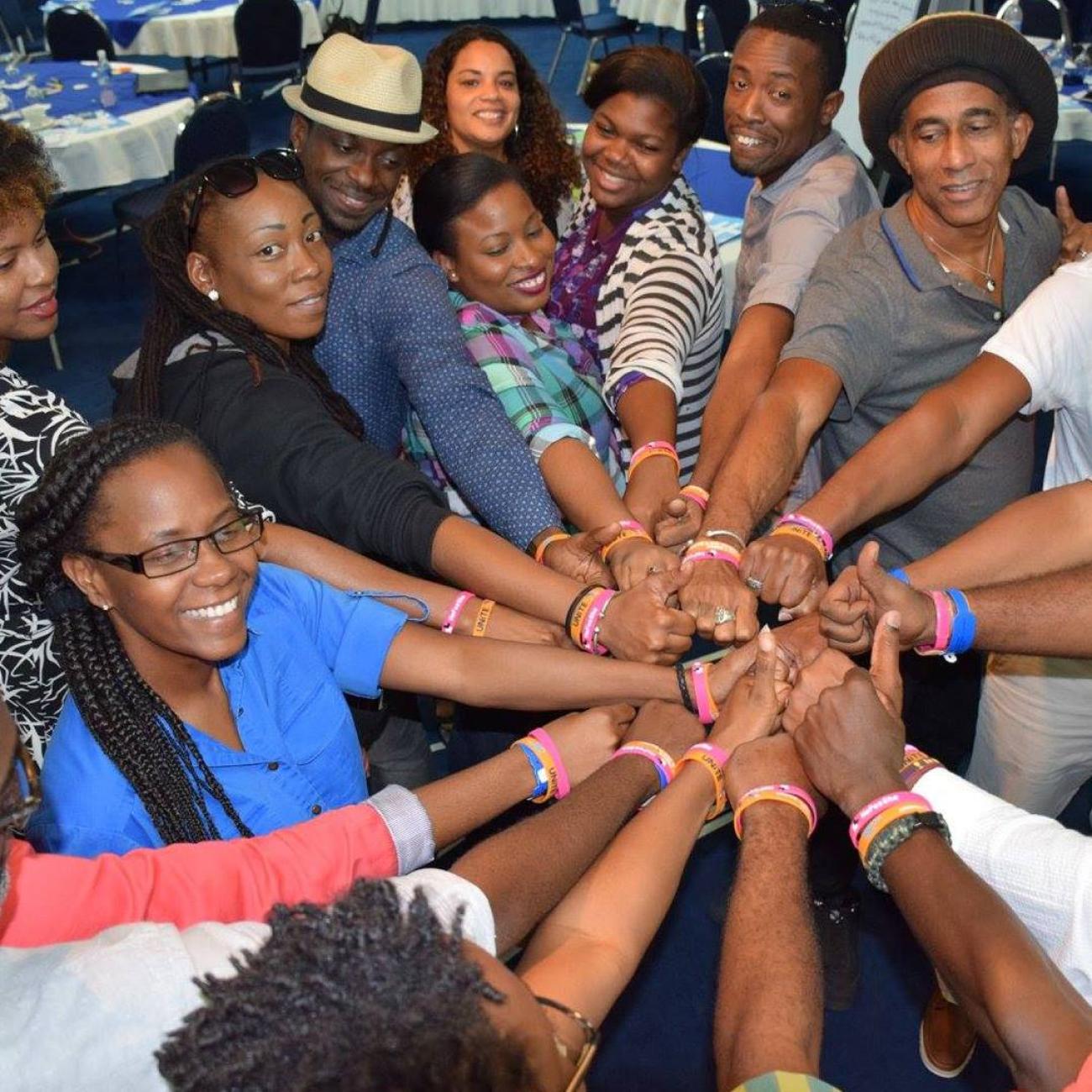In Trinidad and Tobago, family violence and abuse in the home was once thought of as a domestic matter between spouses - a taboo topic that was spoken about in whispers and widely misunderstood.
“As a society, we discuss family violence more openly,” says Marina Walter, UN Resident Coordinator for the country. “There is, though, still a lot of work to be done to get the issue of gender-based violence the national attention it deserves. The more family violence is spoken about, the more awareness will be built, triggering prompt action to prevent harm to women and girls.”
“The more family violence is spoken about, the more awareness will be built, triggering prompt action to prevent harm to women and girls” - UN Resident Coordinator Marina Walter
Statistics show that much remains to be done to eliminate violence against women and girls. Between 2011 and 2016, 4,956 reports of violence in the home were made to Trinidad and Tobago police. Ninety-six per cent of those involved women and girls.
Across Trinidad and Tobago, one in three women and girls in unions have suffered abuse— and 29 per cent of those have experienced both physical and sexual assault.
Building a network of support to combat family violence
The Spotlight Initiative is a multi-sectoral approach engaging civil society, the government of Trinidad and Tobago, state institutions and communities to eradicate all forms of family violence against women and girls.
The goal is to create an environment that no longer tolerates violence by shining a spotlight on the problem and offering hope, support and empowerment to survivors.
The Spotlight Initiative was launched in May 2020 in the communities of Tunapuna, Mayaro and Tobago and has been serving those communities through partner NGOs.
The COVID-19 connection
As was the case in many countries, the global COVID-19 pandemic resulted in an alarming spike in reports of family violence during lockdown measures. In the midst of stay-at-home restrictions, there was a 140 per cent increase in reported cases of abuse involving women and girls as compared with the same period the previous year.
“For many women and girls already living in abusive circumstances, being forced to stay at home and the added pressure the pandemic created, only worsened their exposure to violence at home” - Ms. Walter
It’s an alarming trend that caught the attention of local law enforcement official and the media. Commissioner of Police Gary Griffith revealed that the police received reports of 558 cases of assault over the course of the three-month lockdown, compared with 232 for the same period in 2019.
“For many women and girls already living in abusive circumstances, being forced to stay at home and the added pressure the pandemic created, only worsened their exposure to violence at home,” said Ms. Walter.
Acutely aware of the spike in family violence, the Spotlight Initiative responded by boosting support services for survivors through local NGOs.
This included the provision of gender-based violence counselling, consultations, health and legal referrals through four local NGOs who provided services via phone or online; allocating funds to NGOs delivering telemedicine services to cover fees for peer nurses, tablet computers, phones, phone cards and awareness videos; and protective equipment for personnel who needed to provide in-perosn counselling services.
The Spotlight Initiative also used technology to boost awareness about gender-based violence and the support available to women and girls.
“These services are still being provided through participating NGOs even after stay-at-home restrictions were lifted,” said Ms. Walter. “The internet and phone have become preferred methods of counselling for many clients.”
Hope for women and girls
The COVID-19 response is part of a suite of interventions aimed at eliminating family violence in Trinidad and Tobago and offering support to the nation’s most vulnerable. The Spotlight Initiative, in partnership with civil society groups, aims to ensure that every woman and girl lives a life free from violence. Only then will women and girls be able achieve their full potential.
This story was written by Paolo Kernahan and originally posted on Spotlight Initiative.





